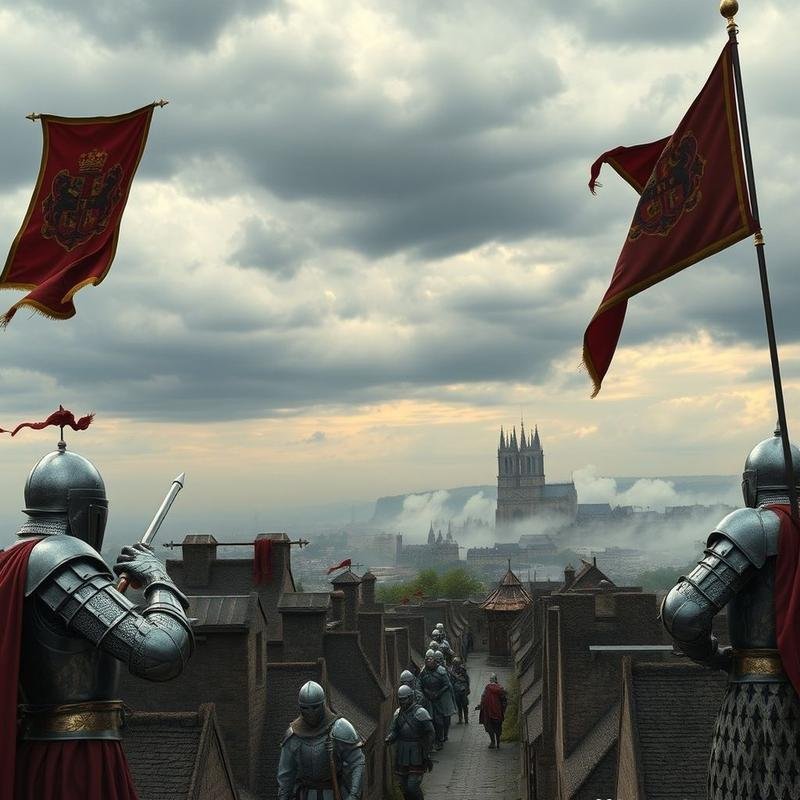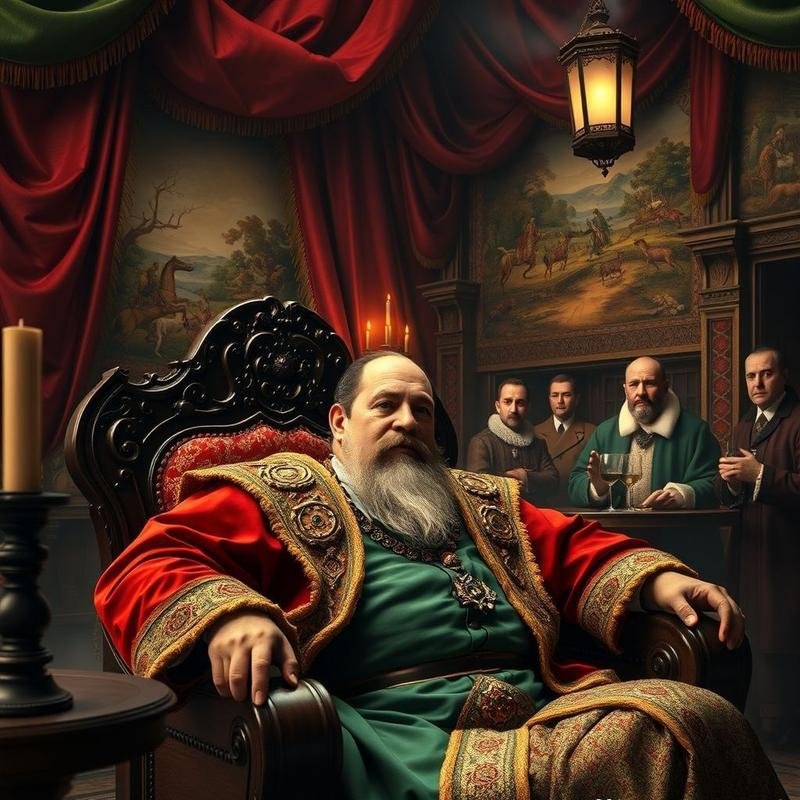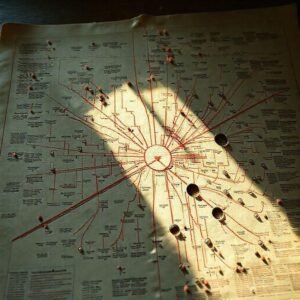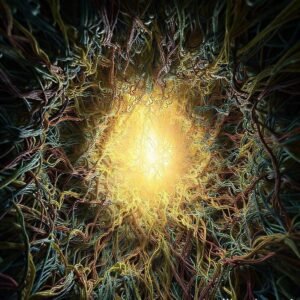Joan of Arc: Execution Conspiracy 🤯 Who fabricated the evidence?

Joan of Arc: Conspiracy & Her Execution
Joan of Arc: Simple peasant girl, national heroine, or victim of political conspiracy? In the spring of 1429, this seventeen-year-old emerged to alter the trajectory of the Hundred Years’ War, galvanizing the demoralized French army to achieve remarkable victories against the English and their Burgundian allies. A mere two years later, she was captured and subjected to a heresy trial in Rouen, then under English occupation. The proceedings, initiated in February 1431, represented a gross miscarriage of justice. Pierre Cauchon, the pro-English Bishop of Beauvais, presided over the court, ensuring the jury comprised Burgundian clerics demonstrably hostile to Joan of Arc. The interrogation employed skillfully leading questions, the procedures were manifestly unfair, and the objective was unequivocally to secure Joan of Arc’s conviction at any cost. The question remains: was evidence manipulated, or even entirely fabricated, to guarantee the condemnation of this figure who challenged the established order in Europe? Was Joan of Arc the victim of a nefarious scheme, or did her actions genuinely contravene divine law? These documents will shed light on these questions.
The Political Landscape of 15th Century France
At the heart of the 15th century, France was not a unified kingdom, but a fragmented collection of warring duchies and fiefdoms, governed by a weak monarch, Charles VII. The Hundred Years’ War, initiated in 1337, had depleted and divided the nation. The English, under the House of Plantagenet, controlled significant portions of northern France, including Paris, the kingdom’s capital. The Duchy of Burgundy, under Philip the Good, was a powerful English ally, further exacerbating the situation. Charles VII’s authority was tenuous, and his claim to the throne was contested, particularly following the Treaty of Troyes in 1420, which stipulated that Henry V of England and his heirs would succeed the incapacitated Charles VI of France. Consequently, Charles VII was considered by many to be a usurper.
In this context, who could have foreseen that hope would emerge from the depths of this chaos? This volatile political landscape, where the English exerted considerable control over France, and the Duchy of Burgundy played a pivotal role in the balance of power, set the stage for Joan of Arc’s trial. From an English and Burgundian perspective, her conviction was a strategic imperative to undermine French morale and solidify their dominance over the country.
Pierre Cauchon: A Bishop’s Betrayal
Pierre Cauchon, the pro-English bishop, was instrumental in this scheme. He was eager to demonstrate his allegiance, not to France, but to England and the Duchy of Burgundy, these two staunch allies. Cauchon, the English-appointed Bishop of Beauvais, was not a devout clergyman, but an opportunistic politician. He understood that his political future depended on satisfying his English superiors, and that Joan of Arc’s conviction was his pathway to advancement. His motivations were not rooted in religious conviction, but in a combination of personal ambition and questionable political loyalty. By eliminating Joan of Arc, Cauchon aimed to extinguish any remaining hope among the French populace and legitimize English rule. Furthermore, he harbored aspirations for promotion within the Catholic Church, a prospect contingent upon serving English interests.
Cauchon was acutely aware that Joan of Arc’s trial was primarily driven by political considerations; he was not seeking truth, but a predetermined guilty verdict. He exploited his religious office as a position of authority to manipulate public opinion and distort evidence, transforming a religious trial into a judicial travesty. Pierre Cauchon epitomized political opportunism, utilizing religion as a means to achieve his personal objectives. He recognized that Joan of Arc’s fate was predetermined, and that his role was confined to executing the will of the English.
Fabricated Evidence and Manipulated Testimonies
Cauchon not only manipulated the proceedings, but also fabricated evidence to secure Joan of Arc’s conviction. The testimonies presented against her were pre-arranged or distorted to align with English objectives. For instance, the testimony of Jean de Novelonpont, a captured Burgundian nobleman, was manipulated to portray Joan of Arc as a violent leader, despite his prior acknowledgment of her courage and fairness.
More significantly, the confessions attributed to Joan were tampered with. After enduring days of threats of being burned at the stake, Joan signed a document submitting to the authority of the Church. She soon recanted this document, asserting that she was coerced into signing it under duress. However, Cauchon added clauses accusing Joan of relapsing into her heresy after her alleged recantation, which provided the justification for issuing the death sentence. This critical addition constitutes direct evidence of manipulation by Cauchon to ensure the desired outcome.
The falsification process extended beyond testimonies and confessions to encompass Joan of Arc’s own correspondence. The letters she sent to the English prior to the Battle of Orléans, in which she urged them to surrender and avert bloodshed, were distorted to appear as threats and intimidation, thereby justifying the English campaign against her. These systematic manipulations confirm a damning truth: the trial was a façade concealing a premeditated plan.
A Political Battleground
Joan of Arc’s trial was not merely a religious dispute, but a political battleground, skillfully orchestrated by England. Pierre Cauchon, the bishop subservient to the English, was the visible executor, but the resources and influence of the English crown were the driving forces. Reports indicate payments to Cauchon and other collaborating French clerics and judges. Documents suggest that John, Duke of Bedford, the English regent in France, was a primary financial backer of the trial. Joan of Arc’s conviction was a political imperative to maintain English dominance over France.



Given the revelation of this political conspiracy that led to Joan of Arc’s execution, the question now arises: do you believe that history has fully exonerated her? Share your opinions in the comments, and subscribe for more in-depth analyses of the historical events that have shaped our world.






